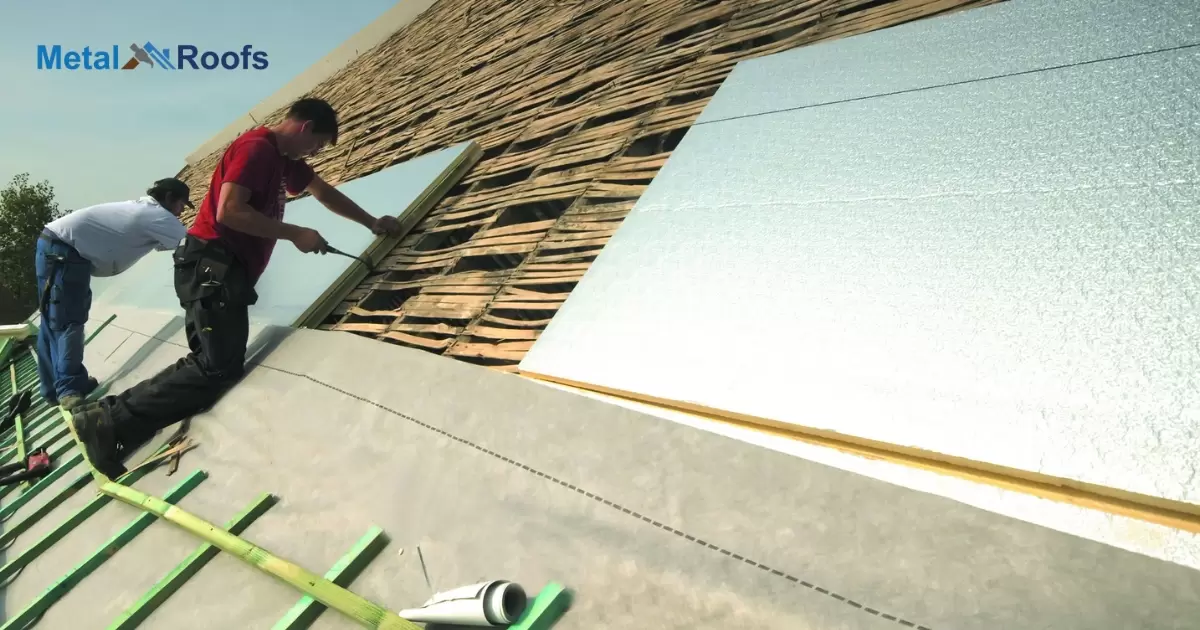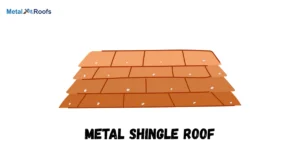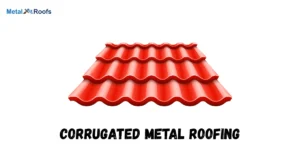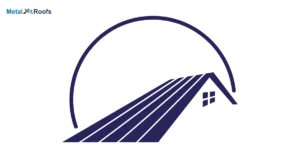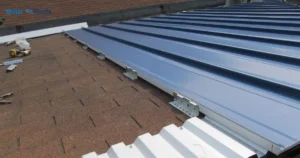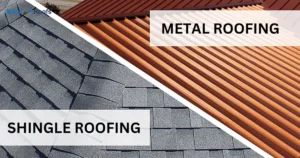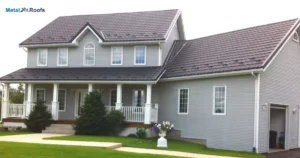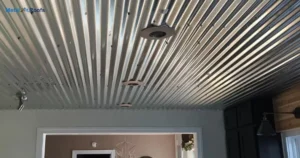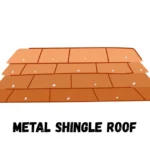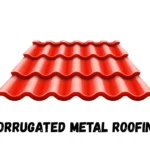R30 rigid insulation is a type of insulation board made of foam plastic or fiberglass that has an R-value of 30, meaning it resists heat flow and insulates very well. It is used to insulate walls, floors, and roofs in buildings to reduce heat loss and energy costs.
Insulating a home saves money. r30 rigid insulation is a great way to insulate. It resists heat flow very well. It has an R-value of 30. The higher the r-value, the better the insulation. r30 rigid insulation works for walls, roofs, and floors. It reduces energy costs. It keeps homes warmer in winter and cooler in summer.
It resists heat flow with an R-value of 30, ideal for walls, roofs, and floors. R30 insulation ensures efficient temperature control and noise reduction, and, if you need to walk on a metal roof without slipping, it provides a secure surface. A versatile choice for a well-insulated and safe home.
Key Takeaways
- R30 rigid insulation is about 9.5 to 10 inches thick.
- Effective for walls and attics, it enhances energy efficiency.
- Ideal for new constructions or upgrading existing insulation.
- Ensures optimal thermal resistance in various climates.
- Proper installation is key for maximum effectiveness.
Install R30 Rigid Insulation For Metal Roofing
To install R30 rigid insulation for metal roofing, begin by ensuring a clean, dry surface. Lay out the insulation sheets, staggering the seams for better coverage. Attach the panels to the roof deck using screws, making sure they’re secure and flush. Trim the edges neatly using a sharp knife, maintaining a snug fit.
Overlap the seams tightly, preventing any gaps. Cover the entire roof surface systematically, working from one end to the other. Finally, secure the metal roofing directly over the insulation, fastening it tightly to complete the installation. This straightforward process enhances energy efficiency and provides effective insulation for your metal roof.
Materials For R30 Rigid Insulation For Metal Roofing
When it comes to R30 rigid insulation for metal roofing, choose materials wisely. Opt for high-density foam boards they offer excellent thermal resistance. These boards, often made of extruded polystyrene, ensure effective insulation. They’re easy to handle and cut, simplifying the installation process.
Consider foil-faced options for added reflective properties. This enhances the insulation’s overall performance. Prioritize moisture-resistant materials to prevent potential issues. Keep it simple, go for durability, and select materials that fit your project’s specific needs.
Right Thickness Of R30 Rigid Insulation For Metal Roofing
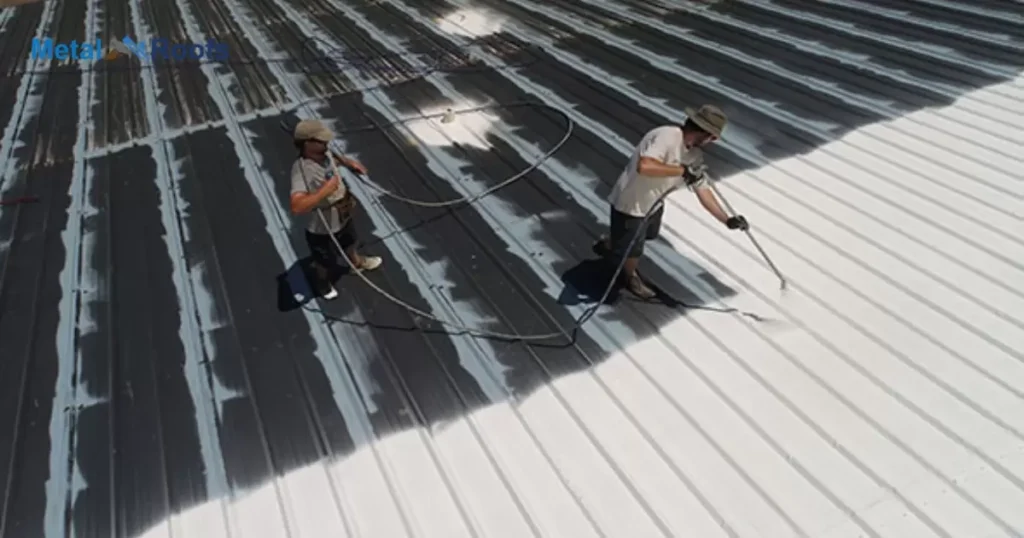
Choosing the correct thickness of R30 rigid insulation for metal roofing is crucial. Too thin, and you risk insufficient insulation too thick, and it might not fit well. Consider the climate colder regions may require thicker insulation for better energy efficiency.
Start by checking the local building codes for recommended insulation values. Additionally, consult the manufacturer’s guidelines for your specific metal roofing. Installing R30 insulation correctly helps regulate indoor temperature, making your space comfortable while saving on energy costs.
Pros And Cons Of Using R30 Rigid Insulation For Metal Roofing
When it comes to metal roofing, using R30 rigid insulation has its merits. Firstly, it provides excellent thermal resistance, keeping your home cozy in winter and cool during summer. This insulation is easy to install, saving you time and effort. R30 rigid insulation is durable, ensuring a long-lasting solution for your roofing needs.
There are drawbacks to consider. R30 rigid insulation can be relatively expensive compared to other options. Its thickness may pose challenges in terms of storage and transportation. Improper installation could lead to gaps, compromising its effectiveness.
R30 Rigid Insulation R Value
R30 Rigid Insulation provides effective thermal resistance, keeping your space cozy. With a high R-value, it’s a top-notch choice for insulation. This material traps heat in, ensuring your home stays warm even in the chilliest weather.
When you install R30, you’re investing in energy efficiency. This insulation minimizes heat loss, cutting down on your energy bills. Its rigid structure makes it easy to handle during installation, making the process straightforward for any homeowner. So, consider R30 Rigid Insulation for a snug and energy-efficient living space.
R30 Polyiso Insulation Thickness
R30 Polyiso insulation packs a punch in efficiency. Its thickness is a key player the thicker, the better. Aim for at least 7.5 inches for optimal results. Thickness means top-notch insulation, keeping your space cozy year-round. Want energy savings? Don’t skimp on those inches; go for the gold with R30 Polyiso.
In the world of insulation, thicker is cooler literally. R30 Polyiso delivers on the thickness front, offering a robust 7.5 inches for supreme insulation prowess. Keep it thick, keep it efficient that’s the R30 Polyiso way.
R30 Rigid Roof Insulation
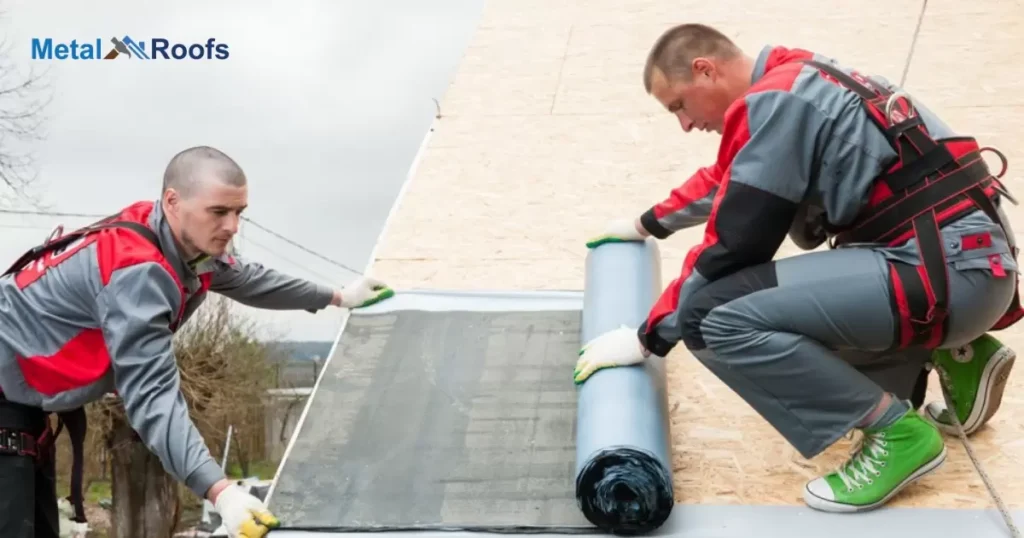
R30 Rigid Roof Insulation is a smart choice for keeping your home cozy. It’s a thick, sturdy layer that traps warmth inside during winter and blocks heat in the summer. This insulation sits snugly in your roof, saving you money on energy bills.
This type of insulation is user-friendly. Installers easily cut and fit it into place, ensuring a snug seal. It’s durable and long-lasting, meaning you won’t have to worry about replacements anytime soon. In a nutshell, R30 Rigid Roof Insulation is a simple, effective way to make your home more comfortable and energy-efficient.
R30 Rigid Insulation Price
Looking for R30 rigid insulation? Prices vary, but generally, you’ll find it around $1.20 to $1.50 per square foot. Factors like brand and quantity influence the cost. Keep an eye out for promotions or bulk discounts to save some bucks.
Rigid Foam Insulation
Rigid foam insulation, like R30, is used in construction to reduce heat transfer. It’s effective in walls, roofs, and floors, improving energy efficiency. This type of insulation has a high R-value, meaning it resists heat flow well.
It’s especially useful in colder climates to keep buildings warm. Rigid foam is lightweight and easy to install, offering long-term thermal protection. Overall, it’s a popular choice for enhancing insulation in residential and commercial buildings.
R 30 Insulation Thickness
R30 insulation is a type of material used to keep buildings warm. It works by trapping heat inside walls, roofs, or floors. This helps to save energy and reduce heating costs. R30 means the insulation resists heat flow well. It’s good for places with cold weather or where high insulation is needed.
Builders use it to make homes and offices more energy-efficient. R30 insulation is effective and helps maintain comfortable indoor temperatures. It’s a popular choice in construction for its ability to keep spaces warm efficiently.
R-Value Of Rigid Insulation
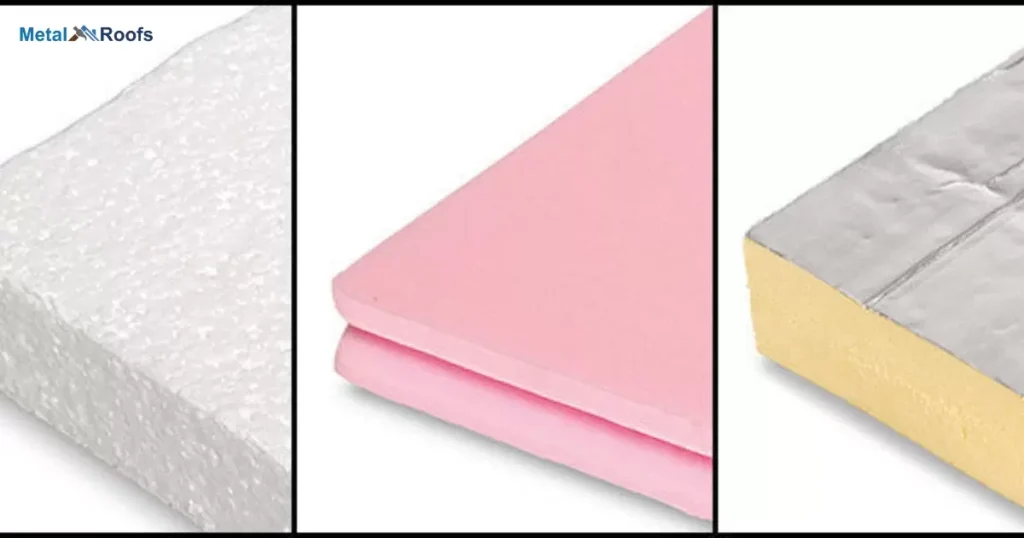
Rigid insulation like R30 offers high thermal resistance for buildings. It reduces heat transfer through walls, roofs, and floors, helping save energy. R30 is effective in cold climates, keeping buildings warmer in winter.
It’s measured by its R-value per inch thickness, showing its insulation power. R30 is popular in construction for its efficiency in energy conservation. Builders use it to meet insulation standards and improve comfort indoors.
R30 insulation is efficient, keeping your space cozy while cutting energy bills. It’s a solid investment, ensuring warmth in winter and coolness in summer. Check local suppliers or big-box stores for the best deals. Shop smart, stay warm, and save money with R30 rigid insulation.
Frequently Asked Questions
What thickness is R30?
R30 insulation is usually 9 to 10 inches thick, striking the right balance for efficient home insulation. Aim for this thickness to keep your home comfortable and energy-smart.
What is R30 insulation good for?
R30 insulation keeps your home warm by trapping heat, ideal for cold weather. It’s super efficient, cutting down on heating costs, especially in chilly climates.
How thick is R20 rigid insulation?
R20 rigid insulation is about 6 inches thick, ideal for boosting energy efficiency in walls and attics, maintaining a comfy indoor temperature.
Conclusion
R30 rigid insulation offers benefits for energy efficiency. It has an R-value of 30. This means it strongly resists heat flow. It helps lower energy bills when used properly. Installers must follow instructions carefully. They need the right materials and methods. Proper installation ensures insulation works as intended. It seals gaps and cracks.
This prevents heat loss or gain. Using R30 insulation improves home comfort and efficiency. With some planning it can be an easy upgrade. The long term rewards are lower costs and consistent indoor temperatures. R30 rigid boards are an investment in energy savings.
